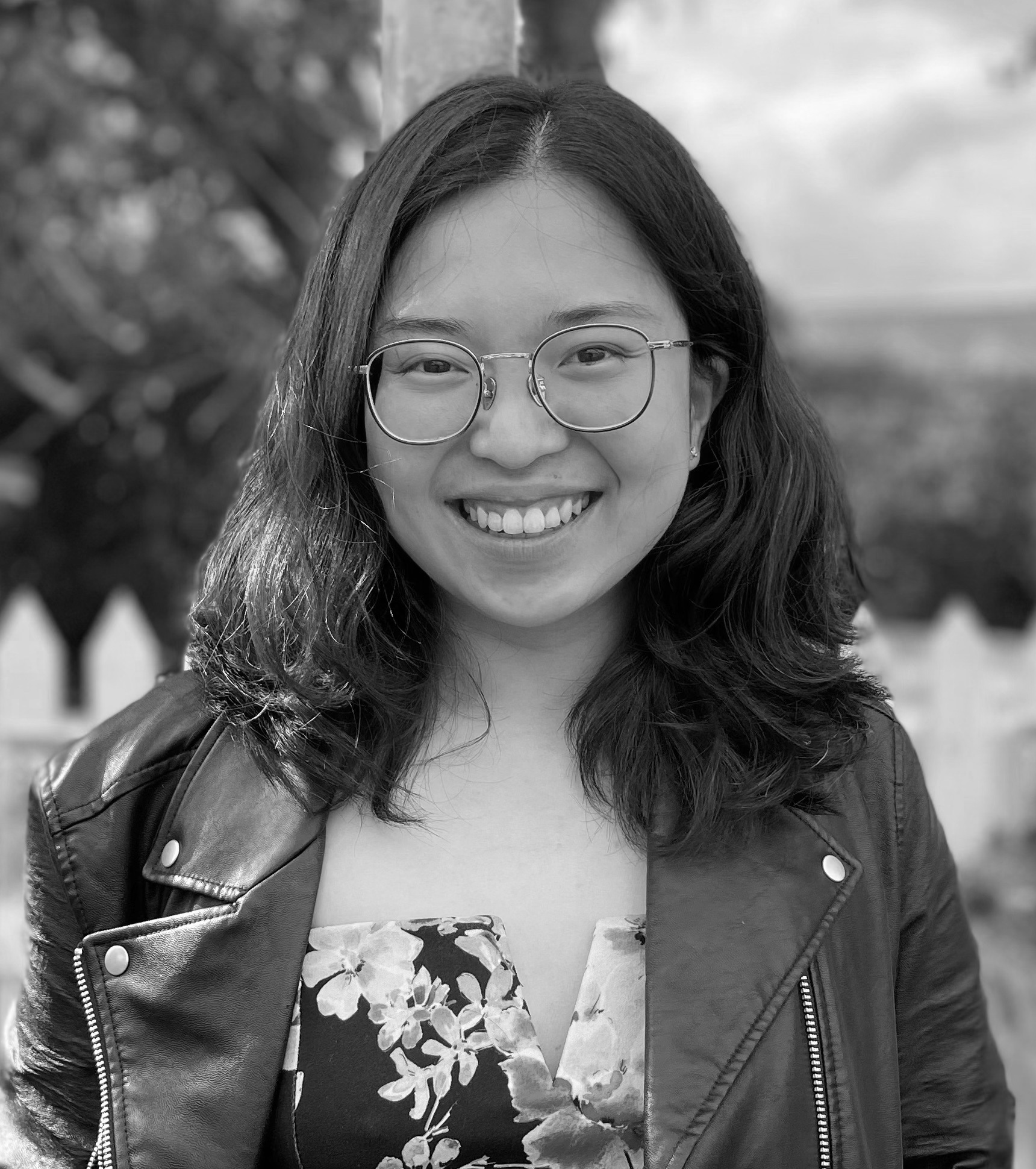
In this post, Clarissa Yung, undergraduate student in Psychology, explores lessons learned from her Employ.ed internship at the Institute for Academic Development (where one of her duties was managing this blog!) Reflecting on her experience, Clarissa traces how a successful internship programme can support students in pursuing new directions for skill-sets, networking, and research. This post is part of the Learning & Teaching Enhancement Series: Careers and Employability.
As my third year of undergraduate psychology studies came to an end, I felt a mix of buzzing excitement and trepidation. In many ways, the prospect of graduating had begun to feel like a looming deadline. Like many students in my position, I contended with career questions such as “What skills do I want to apply and develop in my career?”, “What practical roles do my academic interests align with?”, “What sort of working environment do I thrive in?”. With pandemic restrictions and uncertainty hanging over my recent work experiences, I had limited experience working in a ‘normal’ physical working environment, and I felt less than confident about my ability to transition into professional working life.
The Employ.ed on Campus internship scheme represented the perfect opportunity for me to explore my career concerns in a professional environment, with in-built learning goals and checkpoints supported by the Careers Service. Over course of the summer, I had the joy of working at the Institute for Academic Development (IAD) as Web Evaluation Intern. Working alongside the Programme Design and Teaching Enhancement Team, I developed a website that compiled and catalogued multimedia resources on course and programme design. Throughout my internship, I also supported the Learning and Teaching Conference as a helper, managed the Teaching Matters blog, and feedbacked on ongoing IAD projects.
Beyond being greatly enjoyable, my internship experience challenged me to apply and develop a wide range of technical and soft skills. Prior to my internship, the idea of networking at large-scale conferences brought on a sense of anxiety. However, the chance to attend my first conference as both a participant and conference support member as part of the internship put me in a unique position to engage with fellow conference attendees. Donning a bright blue t-shirt with the bolded words ‘Conference Support’ invited delegates to approach me for questions they had, and many times these became genuinely stimulating conversations covering conference topics, mutual academic interests, career-path sharing, and more. Beyond that, I’ve learnt that networking can come in the form of other informal and spontaneous interactions. In having coffee chats with my team as well as other IAD colleagues, I realised that a lot of them have a background in psychology, which has provided them with knowledge and a unique perspective that underlie their work. Going into my internship, I wasn’t sure if and how my degree subject would apply to a role like this. This, for me, has opened my eyes to roles and a career path that I hadn’t considered before.
I also wanted to develop my oral communication skills during my internship, as I had struggled with eloquently expressing my thoughts and opinions in front of an audience. At the end of the internship, I had the opportunity to present my work to IAD colleagues at an intern presentation event that felt like a personal and professional milestone. While large-scale presentations like these had previously intimidated me, the fact that it was in an overwhelmingly encouraging environment made that it so that it was one that I looked forward to. While stood in front of an in-person and online audience, I felt confident to present work that I was genuinely proud of, embrace the Q&A session, and open up opportunity for more suggestions and improvements.
Apart from that, a key thing I have learnt is that things frequently don’t go as planned in professional workspaces, with technical limitations as well as personal challenges cropping up throughout the project timeline. One of the technical difficulties I faced while developing the website was the functionality restrictions of our website hosting system, meaning that the more complex features I had originally envisioned implementing were unachievable. While this initially brought about some frustration, discussing with my fellow interns helped me realised that this was a shared problem, and we were able to compare notes and work collaboratively to find alternative solutions. I previously tended to view resilience as finding a solution on my own and powering through with the initial brief or timeline; being part of an incredibly supportive and encouraging team has taught me the far greater value of communicating the genuine circumstances affecting my ability, embracing support from colleagues, and being open to deviations from the original plan.
Yet, the biggest personal impact my internship has had is on my academic journey. It has been incredible to witness and contribute to the massive behind-the-scenes effort that goes into making student experience what it is, and I have been inspired to continue doing that beyond my internship – which is why I decided to pursue a relevant topic for my final year dissertation. Specifically, I will be investigating the extent to which the new University of Edinburgh Student Support Model promotes student wellbeing, academic competence, and sense of belonging, in comparison to the previous Personal Tutor model.
Stepping into my fourth and final year, I am much more confident about my ability to adapt to and navigate a professional workspace. I have grown to be more comfortable working outside my comfort zone, and embracing the challenges that come with it. While I can’t say I have answers to all of my initial career questions, I came out of my internship with a much better understanding of my capabilities and working preferences and patterns. Through my internship experience, I have come to realise that my learning and capacity for making and learning from mistakes will continue long after my graduation, and I look forward to taking on professional working life.
 Clarissa Yung
Clarissa Yung
Clarissa is a final year BSc Psychology student, passionate about student experiences, mental health, and cross-cultural psychology. Her undergraduate dissertation investigates the extent to which the new University of Edinburgh Student Support Model promotes student wellbeing, academic competence, and sense of belonging. In Summer 2022, she was an Employ.ed intern for the Institute for Academic Development, supporting projects on course design, Teaching Matters, and the Learning and Teaching Conference.

